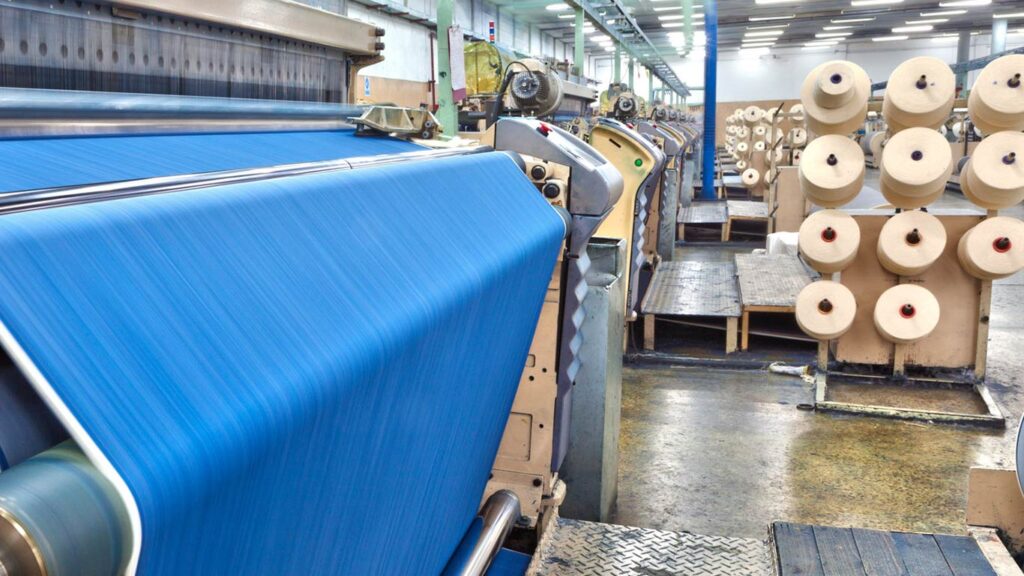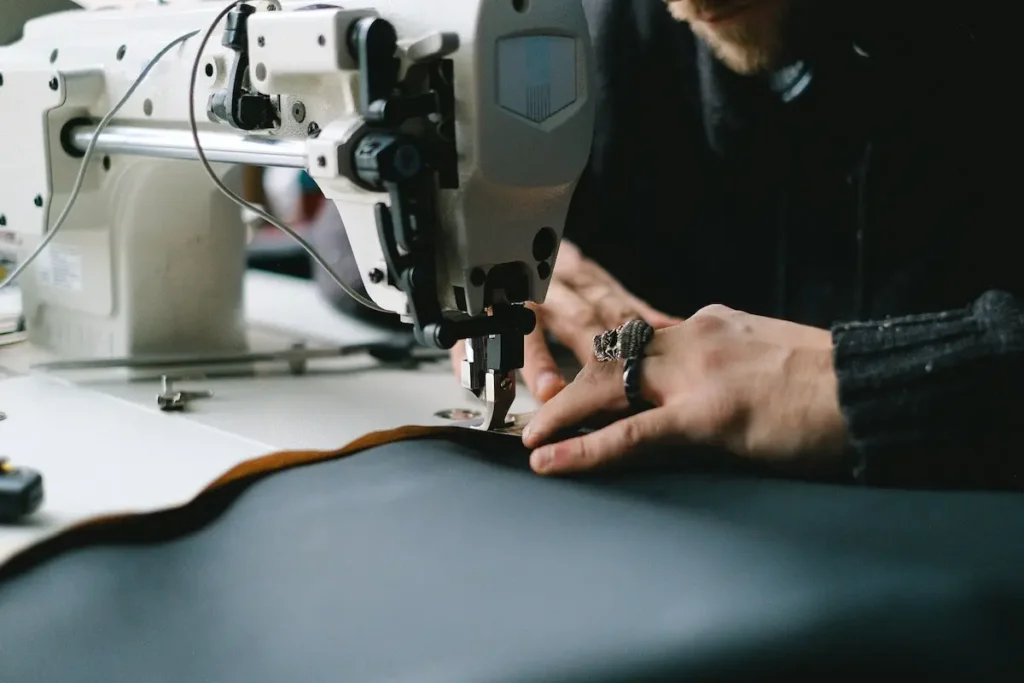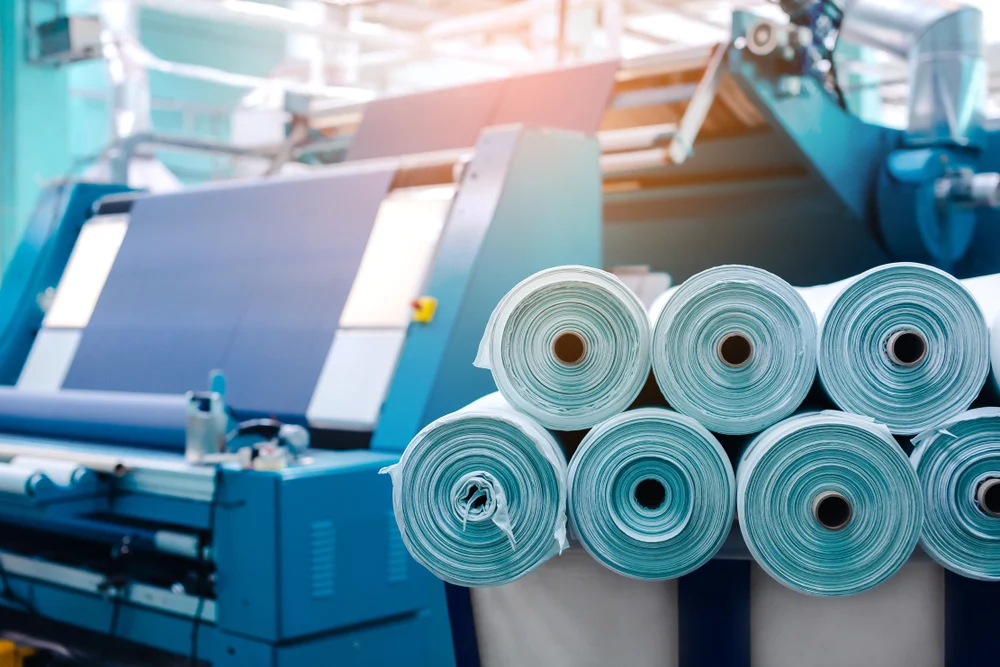When partnering with a professional textile manufacturer, businesses often hope for seamless production, timely delivery, and impeccable quality. However, many companies make common mistakes that can jeopardize their success. Understanding these errors and how to avoid them is crucial for building a successful partnership that delivers the expected results.
In this blog post, Acme Mills, a trusted fabric manufacturer, will explore the five most common mistakes companies make when working with textile manufacturers and offer solutions to ensure a smooth collaboration.
Choosing the Right Textile Manufacturer: A Strategic Decision
Selecting the proper textile manufacturer is a critical decision that can impact your business’s success. Whether you produce bedding accessories, home furnishings, or industrial textiles, the quality and efficiency of your manufacturing partner can make or break your operation. Companies often rush into partnerships without thoroughly vetting their options, leading to issues with communication, quality control, and production delays.

To help you navigate the process and avoid mistakes, we’ll discuss five mistakes you should avoid when partnering with a professional textile manufacturer.
1. Inadequate Research and Due Diligence
One of the most common mistakes businesses make is not conducting enough research before choosing a textile manufacturer. It’s easy to be swayed by low costs or promises of quick turnaround times, but these factors alone should not be the basis of your decision. Failing to thoroughly vet a manufacturer’s capabilities, certifications, and reputation can lead to significant problems down the line.
Lack of Industry Knowledge
Every textile sector, from fashion to industrial fabrics, has unique requirements. Not all manufacturers specialize in every type of textile production. If a manufacturer lacks experience with the specific fabric or production techniques your project requires, they may not be able to meet your needs. Research their past projects, client reviews, and the particular industries they cater to before deciding.
Verifying Certifications and Compliance
In addition to ensuring a manufacturer has experience in your specific textile sector, verifying their certifications is crucial. Many industries require compliance with environmental, safety, and quality standards. For instance, textile manufacturers may need certifications such as OEKO-TEX® to confirm they adhere to strict safety and sustainability guidelines. Overlooking this step can lead to regulatory issues or inferior products.
Solution: Conduct Thorough Vetting
Take time to research and compare multiple manufacturers. Ask for samples, check references, and verify certifications to ensure they align with your business goals and regulatory requirements.
2. Miscommunication of Expectations
Clear communication is critical to a successful partnership with a textile manufacturer. Unfortunately, many businesses fail to properly communicate their expectations, leading to the misalignment of crucial factors such as timelines, product specifications, and quality standards.
Failure to Provide Detailed Specifications
Textile production involves many details, from fabric type and weight to color matching and stitching techniques. Vague or incomplete specifications can result in products that do not meet your expectations. A lack of clarity on your end might also lead to delays or costly rework.
Unrealistic Timelines and Deadlines
Setting unrealistic timelines can also strain your relationship with a manufacturer. While it’s important to establish a clear production schedule, overly aggressive deadlines can lead to rushed production, increased error rates, and compromised quality. Understanding the manufacturing process and building reasonable timeframes for production and shipping is important.
Solution: Establish Clear, Detailed Communication
From the start, provide your manufacturer with clear and comprehensive product specifications. Set realistic timelines, communicate regularly, and encourage open dialogue to avoid misunderstandings.
3. Overlooking Quality Control Processes
Quality control is a critical aspect of textile manufacturing that is often overlooked. Many businesses assume that once they’ve selected a manufacturer, they can rely on them to ensure the quality of the products. However, this assumption can lead to costly mistakes.
Neglecting Regular Inspections
Without regular quality control inspections throughout production, issues can go unnoticed until it’s too late. Manufacturers may not always follow strict internal quality control standards, especially under tight deadlines. Issues like fabric inconsistencies, incorrect stitching, or poor color matching can severely impact the final product’s quality.
Relying Solely on Manufacturer’s Quality Assurance
While many textile manufacturers have quality assurance processes, relying solely on internal inspections can be risky. The manufacturer’s quality standards may not align with yours, or they may cut corners to meet deadlines. Having your quality control team or working with a third-party inspector can help ensure the products meet your standards before they are shipped.

Solution: Implement Robust Quality Control Measures
Establish your quality control procedures, including regular inspections throughout the production process. Work closely with your manufacturer to address any quality concerns early on.
4. Ignoring Hidden Costs
Cost is always a significant consideration when partnering with a textile manufacturer. However, many businesses should consider hidden costs that can arise during production rather than the initial quote. These unexpected expenses can quickly add up and erode your profit margins.
Freight and Shipping Costs
One of the most commonly overlooked costs in textile manufacturing is shipping. Freight costs can vary significantly depending on the size and weight of the products and the shipping destination. Businesses that don’t account for these expenses in their budgets may face unpleasant surprises when it’s time to ship their products.
Tariffs and Import/Export Fees
Depending on your manufacturer is location, tariffs and import/export fees can also add to your costs. Businesses that overlook these fees during the planning stage may face unexpected financial burdens when their products are shipped internationally.
Solution: Factor in All Costs
Ensure you account for all potential costs, including shipping, tariffs, and any other hidden fees that may arise. Negotiate these terms upfront with your manufacturer to avoid surprises later on.
5. Failing to Build a Long-Term Relationship
The final mistake many businesses make is treating their relationship with a textile manufacturer as a one-time transaction rather than an ongoing partnership. Building a long-term relationship can offer many benefits, including better pricing, priority production slots, and a deeper understanding of your brand’s needs.
Constantly Switching Manufacturers
While switching manufacturers to save on costs may be tempting, constantly moving from one supplier to another can create inconsistent product quality and delay timelines. Long-term partnerships allow manufacturers to become more familiar with your brand, leading to better communication, improved quality control, and more efficient production.
Lack of Investment in the Partnership
Manufacturers are more likely to go the extra mile for businesses that invest in building a solid relationship. If you don’t take the time to cultivate a positive partnership, you may miss out on opportunities for collaboration, innovation, and cost savings.
Solution: Build a Strong Partnership
Focus on establishing a long-term relationship with your textile manufacturer. In the long run, this will lead to better communication, higher-quality products, and more favorable terms.

Conclusion
Partnering with a professional textile manufacturer is a crucial step in ensuring the success of your business. However, you can set the stage for a productive and successful partnership by avoiding these five common mistakes—failing to conduct adequate research, miscommunicating expectations, overlooking quality control, ignoring hidden costs, and neglecting to build a long-term relationship. Prioritize thorough research, clear communication, and quality control to ensure your collaboration with a textile manufacturer meets your business needs and goals.

